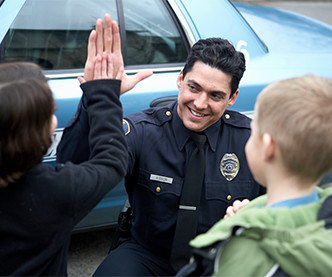Leading From Within: Shifting Ego, Ceding Control, and Rising Empathy
Great Leadership By Dan
SEPTEMBER 5, 2017
The shift marks a significant move away from Henri Fayol's autocratic “command-and-control” type management theories and methodologies which have been in vogue since the early 1900s. In tandem, the new leadership styles are also able to generate much-needed boosts to productivity levels yielding better corporate results.












Let's personalize your content